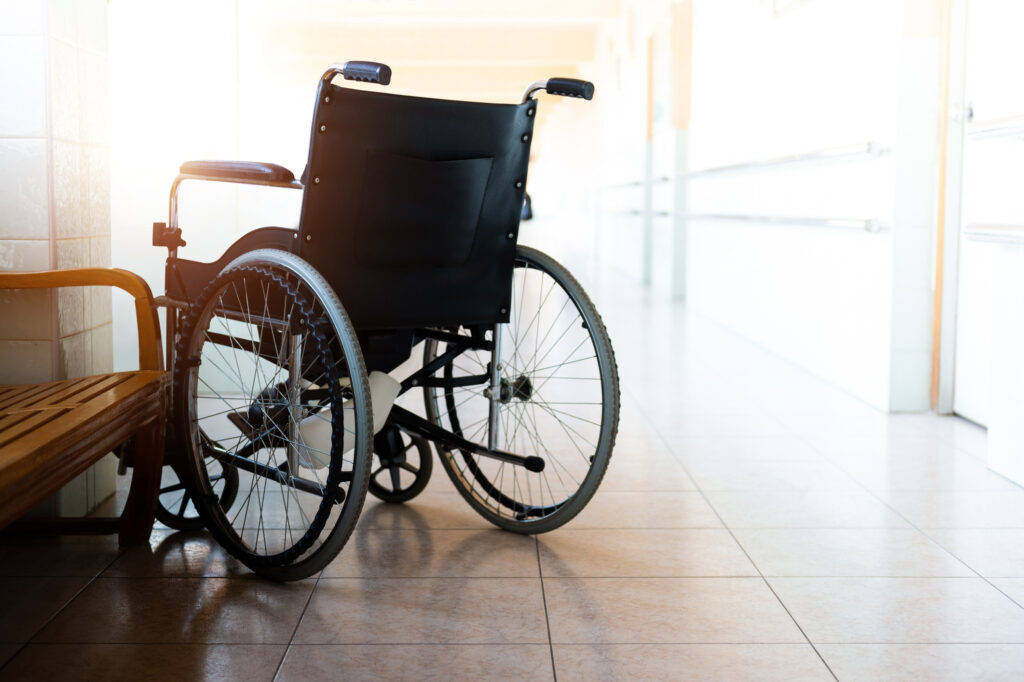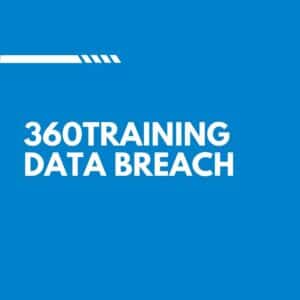
If you’ve suffered a serious work-related injury or illness in Washington state and are unable to return to any kind of employment, you may be eligible for a lifetime disability pension under the Washington State Department of Labor and Industries (L&I) system. An L&I Pension provides long-term financial support when recovery or retraining isn’t possible, but qualifying for this benefit can be difficult without experienced legal guidance.
In this article, we’ll explain what an L&I Pension is, who qualifies, and how to apply if you believe you’re entitled to this critical support.
What Is an L&I Pension?
An L&I Pension is a lifetime benefit for workers who are permanently and totally disabled due to a severe job-related injury or illness. Unlike temporary wage replacement or vocational training, a pension acknowledges that the worker cannot return to work in any capacity.
Pension recipients receive once-monthly payments for life. This is one of the most valuable benefits offered by Washington’s workers’ compensation system, but it’s also one of the most difficult to obtain without strong medical and legal evidence.
Who Qualifies for an L&I Pension?
To qualify for an L&I Pension in Washington, all of the following must apply:
- You have an allowed workers’ comp claim with L&I.
- A medical provider certifies you’ve reached Maximum Medical Improvement (MMI).
- The medical and vocational evidence finds that your injury prevents you from becoming gainfully employed, or
- You have lost the use of: both legs, both arms, an arm and a leg, or your vision.
How the L&I Pension Process Works
Securing a pension involves several steps:
- Claim Closure and MMI
Your provider must declare that your condition is stable and not expected to improve with further treatment. - Permanent Total Disability Certification
Vocational and medical professionals evaluate whether you can return to work, even in a different field or with accommodations. - Request for Pension Consideration
Your attorney submits a pension request or prepares for litigation if L&I disputes the extent of your disability. - Approval or Appeal
If L&I denies the request, your attorney can appeal to the Board of Industrial Insurance Appeals (BIIA).
Why Pensions Are Often Denied
L&I and self-insured employers are reluctant to approve pension claims due to their cost. Common reasons for denial include:
- Disputes over medical evidence
- Misleading or incomplete vocational assessments
- Claims you can still perform sedentary work
- Delays in claim processing or documentation
These are not reasons to give up — they’re signs you need an experienced L&I Attorney to advocate for your rights.
The Role of an L&I Attorney
Working with an L&I attorney can drastically improve your chances of securing a pension. Your attorney will:
- Help gather compelling medical and vocational evidence
- Challenge inaccurate assessments or denial letters
- Represent you in appeals or at BIIA hearings
- Ensure your rights and benefits are fully protected
Don’t leave your future to chance. If you’ve been told you’re not employable or are nearing claim closure, now is the time to explore your eligibility for an L&I Pension.
Fight for the Benefits You Deserve
Being unable to return to work doesn’t mean you’re out of options. An L&I Pension can provide long-term financial security, but qualifying requires persistence, documentation, and often legal representation.
If you believe your injury has permanently ended your ability to work, contact Emery | Reddy, PC for a Free Case Review. We’ve helped thousands of Washington workers get the benefits they deserve.




